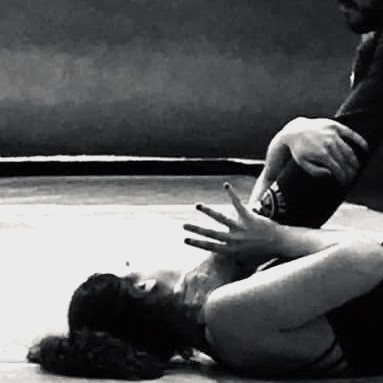The importance of relaxation during combat
What is relaxation in combat, what is its purpose, and how to achieve it?
To achieve maximum efficiency, the goal is to contract only:
- the minimum number of muscles
- with necessary force
- and for a minimal amount of time
Muscular relaxation aims to reduce the energy expenditure caused by muscular and/or respiratory contractions. However, the goal is not complete relaxation, which could be dangerous. It’s about finding a balance.
Perception of danger:
When danger in any form is perceived by the brain, a message is sent to a part of the nervous system called the autonomic nervous system. The nervous system consists of:
- the sympathetic nervous system, which releases energy needed for the body to react to danger
- the parasympathetic nervous system, which allows the body to return to its normal state
These two components are directly involved in controlling the body’s energy level and preparing it for action.
One of the major effects of the sympathetic nervous system is the release of two chemicals into the body: adrenaline (1) and noradrenaline (2). These substances are used by the sympathetic nervous system and prolong the body’s action response. Therefore, once the sympathetic nervous system is activated, its activity continues and increases for some time, even after the threat has disappeared.
In a combat situation:
During combat, humans instinctively, under the influence of stress and physiological effects, tend to put pressure on auxiliary respiratory muscles (shoulders, neck muscles, back, and chest). This directly affects breathing, vision, and the precision of movements. Without regular training to learn this muscular relaxation under stress, simple self-defense gestures can prove completely ineffective in real-life situations.
The parasympathetic nervous system is a natural internal protector of the human body. It prevents the sympathetic nervous system from being activated indefinitely. Its role is to induce a relaxation effect.
In addition to the lack of muscular relaxation, the sudden release of adrenaline (which in real combat requires experience to control) and disturbances in vision (such as tunnel vision) underscore the importance of controlled breathing.
Do you wish to read the following part?
Click Here


